

Dying for the Other(2012)
Dying for the Other is a video triptych, documenting the lives of mice used in breast cancer research and humans suffering from the same disease. In order to produce this video, da Costa documented scenes of her own life during the summer of 2011 and combined them with footage taken at a breast cancer research facility in New York City over the same time frame.
Movie: Dying for the Other
Top 1 Billed Cast
Herself

Dying for the Other
HomePage
Overview
Dying for the Other is a video triptych, documenting the lives of mice used in breast cancer research and humans suffering from the same disease. In order to produce this video, da Costa documented scenes of her own life during the summer of 2011 and combined them with footage taken at a breast cancer research facility in New York City over the same time frame.
Release Date
2012-01-01
Average
0
Rating:
0.0 startsTagline
Genres
Languages:
EnglishKeywords
Similar Movies
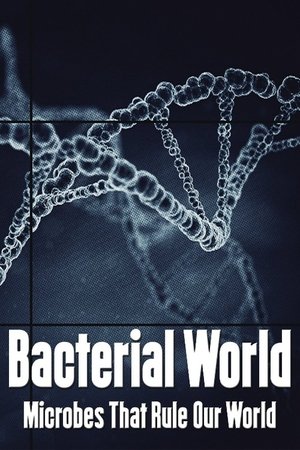 9.0
9.0Bacterial World(en)
Coming in all shapes and sizes, bacteria are present in every corner of the Earth. Their purposes and types are even more diverse, with only 1% being truly harmful. Dive into the world of Bacteria to experience the latest discoveries and scientific knowledge surrounding these plentiful and necessary microbes.
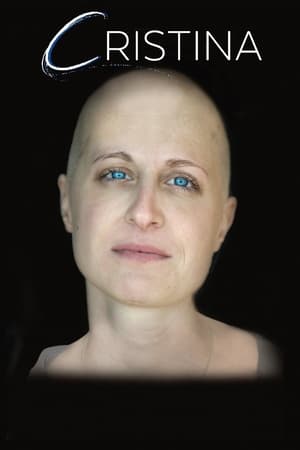 8.2
8.2Cristina(en)
An intimate journey of a 37-year-old Cristina, as fate brings to her life both a new love and an unbeatable challenge. Determined to pass on a message of hope and a 'live in the now' mentality, Cristina's second cancer takes a toll on her diminishing body, however her love for Bruce only grows. Bruce stands by her side while juggling work and financial strains. The film follows Cristina's journey into her deep AMOUR, one that supports and lifts her up. If she had to choose between finding this deep and pure love and having cancer, or being cancer free but never experiencing true love... what would she choose? Her shocking answers are captured by veteran filmmaker Michèle Ohayon on camera.
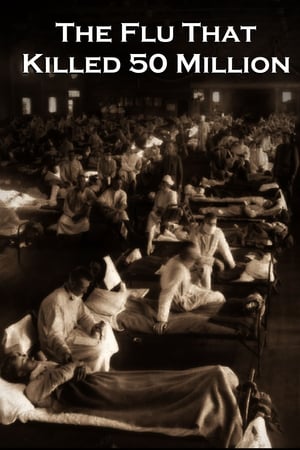 6.3
6.3The Flu That Killed 50 Million(en)
It is 1918 and the end of WWI. Millions have died, and the world is exhausted by war. But soon a new horror is sweeping the world, a terrifying virus that will kill more than fifty million people - the Spanish flu. Using dramatic reconstruction and eyewitness testimony from doctors, soldiers, civilians and politicians, this one-off special brings to life the onslaught of the disease, the horrors of those who lived through it and the efforts of the pioneering scientists desperately looking for the cure. Narrated by Christopher Eccleston, the film also asks whether, a century later, the lessons learnt in 1918 might help us fight a future global flu pandemic.
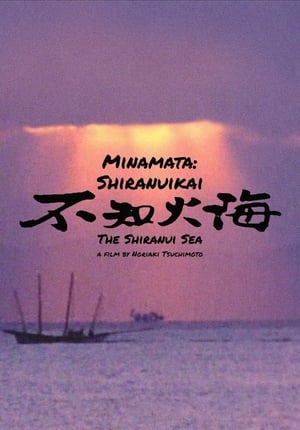 7.2
7.2The Shiranui Sea(ja)
The sea around Minamata was heavily polluted with mercury during the 1950s and 1960s from the Chisso Corporation's chemical factory. This highly toxic chemical bioaccumulated in shellfish and fish in the Yatsushiro Sea which, when eaten by the local populace, gave rise to Minamata disease. The disease was responsible for the deaths and disabling of thousands of residents, all around the Yatsushiro Sea. The marine ecosystem was also extensively damaged.
 10.0
10.0Days(fr)
Marie-Philip is a PhD student and part-time professor who loves cats and Harry Potter. But one week before her 29th birthday, she is diagnosed with breast cancer. For a year, without false modesty, we follow her through each step as she confides in us with shocking honesty. An ode to life, to courage and to the resilience of all those who fight every day against disease.
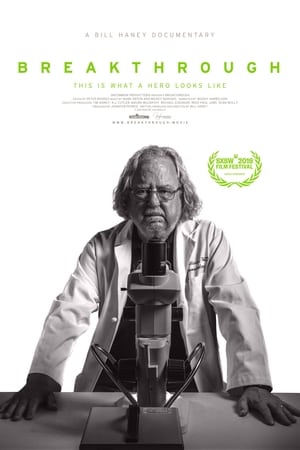 0.0
0.0Breakthrough(en)
Breakthrough tells the story of a renegade scientist’s quest to find a cure for cancer, the disease that killed his mother. Texan Jim Allison is a 2018 Nobel Prize winner for discovering how to prompt a cancer patient’s own immune system into defeating their disease, but for decades he waged an often-lonely struggle against the painful skepticism of the medical establishment.
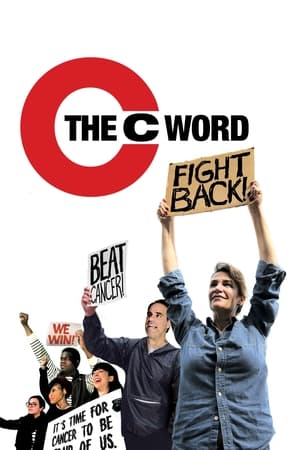 6.8
6.8The C Word(en)
Cancer: Few words are more feared. But in her sharply researched, deftly humorous message of hope, survivor Meghan O’Hara changes the way we think about this terrifying disease, showing that it’s time to stop being afraid of cancer and time to make cancer afraid of us. Following her diagnosis, O’Hara met neurologist Dr. David Servan-Schreiber, who was diagnosed with brain cancer while doing cancer research. Together they explore daily Western behaviors that are linked to 70% of cancer deaths: smoking, processed foods, stress, contaminants, and lack of exercise. Narrated and executive produced by Morgan Freeman, “The C Word” is an unflinching look at our complacency with cancer culture, the vibrant cast of characters who are changing the game, and the tools we already have to beat the dreaded scourge of our time.
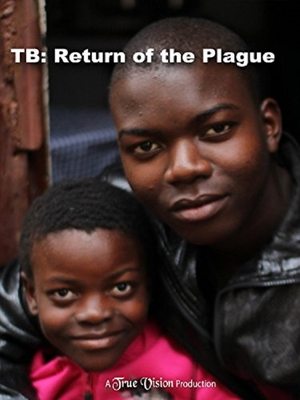 4.0
4.0TB: Return of the Plague(en)
TB is the most deadly infectious disease in history - it has killed over a billion people in the last 200 years. Multi-BAFTA winning film-maker, Jezza Neumann travelled to Swaziland to make this very intimate account of the crippling effects of MDR-TB. We witness victims from two families battle with the disease over the course of a year.
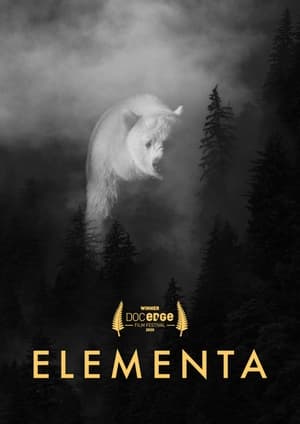 6.5
6.5Elementa(en)
A black-and-white visual meditation of wilderness and the elements. Wildlife filmmaker Richard Sidey returns to the triptych format for a cinematic experience like no other.
 7.0
7.0Yo soy uno entre cien mil(es)
Childhood leukemia, which accounts for 30% of childhood cancer, affects the lives of three in every 100,000 children. Of those affected, 20% do not survive, and these statistics have remained unchanged for over 20 years. But there's a way we can improve this outcome: through research.
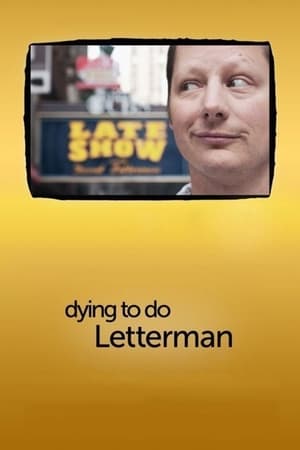 6.0
6.0Dying to Do Letterman(en)
When 35 year old stand-up comedian Steve Mazan learned he was dying of cancer, he dedicated the rest of his life to making his dream come true: performing comedy on The Late Show with David Letterman. This documentary chronicles his five-year journey, as he races his own ticking clock to achieve a nearly impossible goal. Hilarious and heart-breaking, Steve brings a brand-new perspective to living with cancer. This is a story that proves it's not how much time you have, it's what you do with it. As Steve says, 'If you stop chasing your dreams, you're already dead.'
 0.0
0.0Behind the Life of Chris Gaines(en)
To promote the release of his album Garth Brooks in... The Life of Chris Gaines, Garth Brooks appeared as Chris Gaines in a television "mockumentary," a version of VH1's seminal cable classic Behind the Music, featuring a totally made-up tale that just may be the greatest rock n' roll documentary ever made. This piece of art has everything that makes the story of being a rockstar fucking cool. It has childhood trauma, record label trauma, death, disfigurement, a plane crash, a car crash, sex addiction, redemption, a house fire, random unexplained commentary from Billy Joel, and more sex addiction.
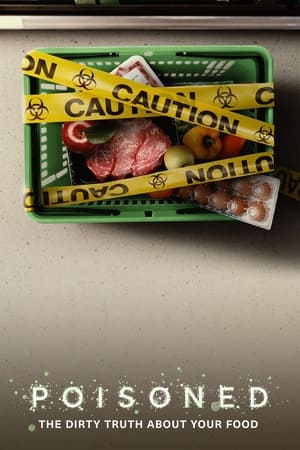 7.1
7.1Poisoned: The Dirty Truth About Your Food(en)
Through revealing interviews with experts and victims' families, this gripping documentary examines the problem of deadly foodborne illness in the US.
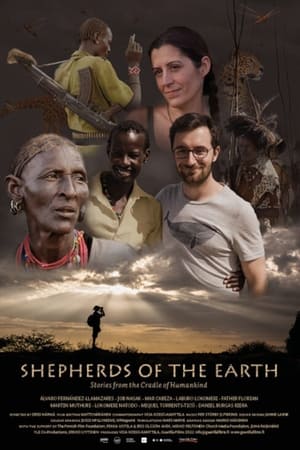 6.0
6.0Shepherds of the Earth(en)
The region of Lake Turkana, located in Kenya and Ethiopia, is considered to be “the Cradle of Humankind”. Among other finds, primate fossils from millions of years ago have been discovered in the region. But what about the region’s modern inhabitants and their relationship to their environment? Iiris Härmä, whose previous work includes the award-winning Leaving Africa, had the chance of joining Helsinki University’s researchers, Álvaro Fernández-Llamazares and Mar Cabeza, on their pre-pandemic trip to study the Daasanach people’s relationship to their environment through traditional animal tales. The researchers hope that storytelling would help to bridge the gap between people’s everyday lives and conservation efforts.
 7.6
7.6Jason Becker: Not Dead Yet(en)
When doctors diagnosed 19-year-old rock star Jason Becker with Lou Gehrig's Disease, they said he would never make music again and that he wouldn’t live to see his 25th birthday. 22 years later, without the ability to move or to speak, Jason is alive and making music with his eyes.
 6.5
6.5We the Guinea Pigs(en)
As the use of plastic has gained ground in our lives over the years, there has been an inexplicable increase in a number of diseases and disorders amongst the population. In this film as part of the Why Plastic? series, we meet leading researchers looking into the reasons for these disorders. We also follow case studies of people suffering from various health conditions thought to be caused by exposure to certain every day materials including plastic. Are these people the victims of unfortunate coincidences - or is there an explanation?
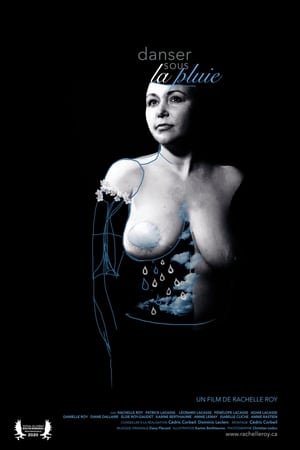 0.0
0.0Dancing in the rain(fr)
Self-portrait of a 38-year-old mother from Abitibi, struggling with breast cancer.
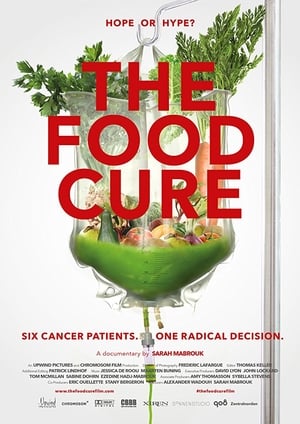 10.0
10.0The Food Cure: Hope or Hype?(en)
THE FOOD CURE presents an intimate portrait of six cancer patients who make the radical decision to turn their backs on conventional medicine and put their faith in a controversial alternative cancer treatment based on food.
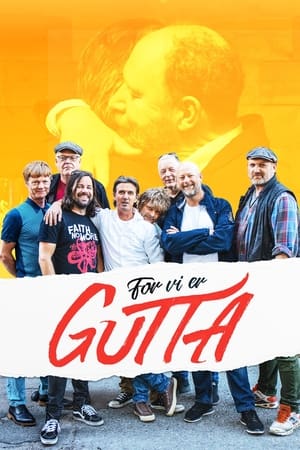 7.6
7.6The Men's Room(no)
Every Tuesday twenty-five tattooed middle-aged men take a break from their everyday lives to meet and drink beer, tell bad jokes and sing dirty rock songs. They have landed their biggest gig ever – warming up for Black Sabbath. But one of them confides he’s got little time left to live. This summer becomes a race against time and death.
 7.1
7.1Unrest(en)
When Harvard PhD student Jennifer Brea is struck down at 28 by a fever that leaves her bedridden, doctors tell her it’s "all in her head." Determined to live, she sets out on a virtual journey to document her story—and four other families' stories—fighting a disease medicine forgot.